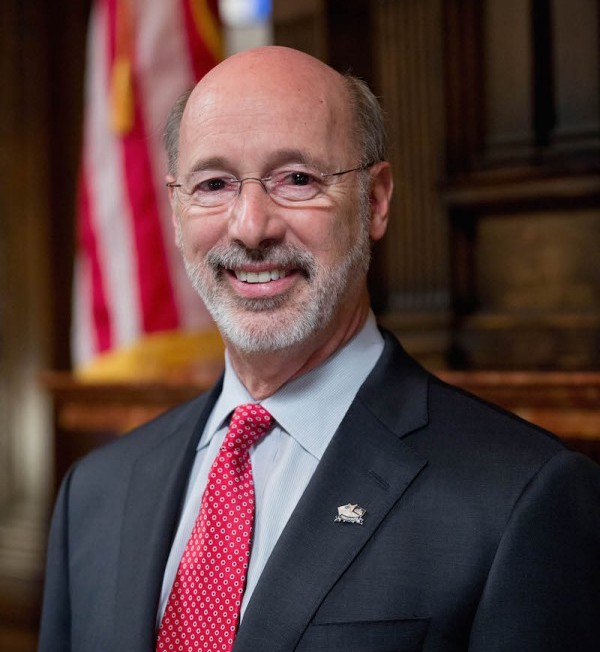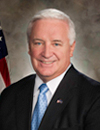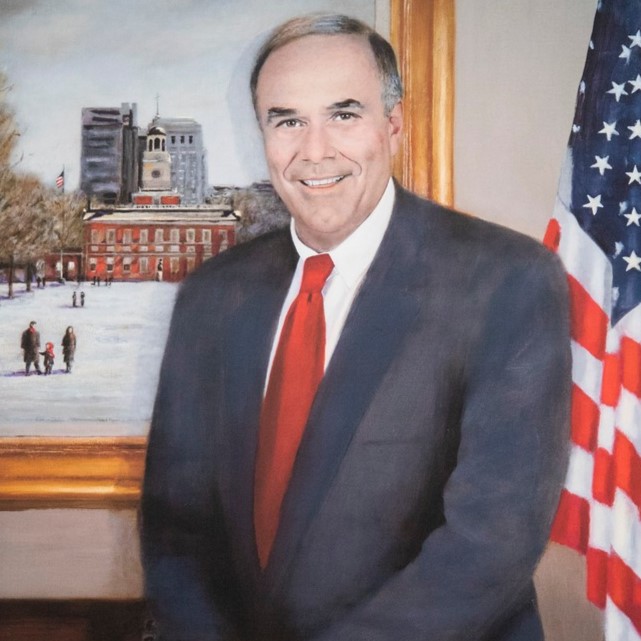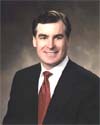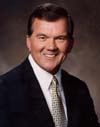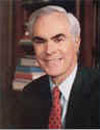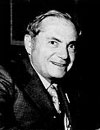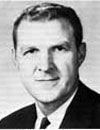This website uses cookies so that we can provide you with the best user experience possible. Cookie information is stored in your browser and performs functions such as recognizing you when you return to our website and helping our team to understand which sections of the website you find most interesting and useful. Please see our privacy policy for more information.
Pennsylvania
Gov. Joseph Hiester
- December 19, 1820 - December 16, 1823
- Democratic-Republican
- November 18, 1752
- June 10, 1832
- Pennsylvania
- Married Elizabeth Witman; six children
- Representative
- National Guard
About
JOSEPH HIESTER was born in Bern Township, Berks County, Pennsylvania and spent his youth working on his father’s farm. He was captain of a militia company that he had raised prior to adoption of the Declaration of Independence. He attended the Pennsylvania Provincial Conference of June 1776, which seized power from the colonial assembly. He was also among forces captured by the British in August 1776. He went on after a prisoner exchange to win promotion to Colonel in the Continental Army, in which he served until 1779, when he was appointed to the Commission for Prisoner Exchange. He was later commissioned a Major General in the Pennsylvania Militia. Hiester was elected to the state Assembly for five terms, was a delegate to the 1787 state convention called to ratify the proposed U.S. Constitution, and was a member of the convention that framed the new Pennsylvania Constitution of 1790. He served in the state Senate and was a member of Congress from 1797 to 1805 and again from 1815 to 1820. Originally a Federalist, he joined the “old school” faction of the Jeffersonians that sought curtailment of governmental functions and had formed a coalition with Federalists. It was this coalition that nominated him for the governorship of Pennsylvania. Although he lost the election of 1817, he went on to defeat incumbent William Findlay three years later. As governor, Hiester reduced gubernatorial powers in keeping with “old school” Jeffersonian views of government. He also presided over the dedication of the new State Capitol in Harrisburg. After leaving office, he settled in Reading, where he managed several mercantile businesses and farms.
Source
Sobel, Robert, and John Raimo, eds. Biographical Directory of the Governors of the United States, 1789-1978, Vol. 4. Westport, CT: Meckler Books, 1978. 4 vols.
The National Cyclopaedia of American Biography, Vol. 2. New York: James T. White & Company.


